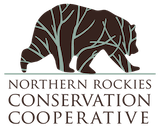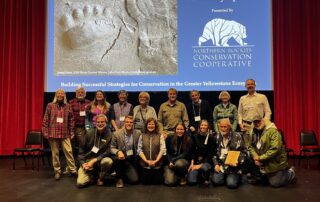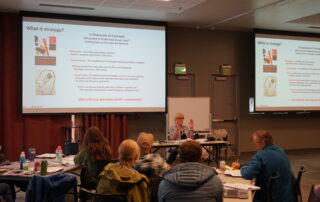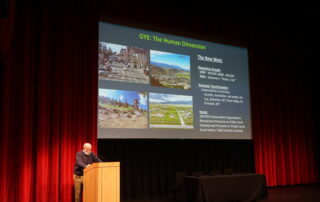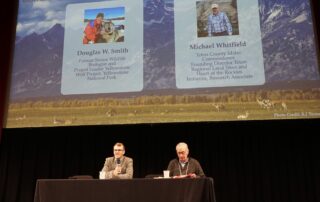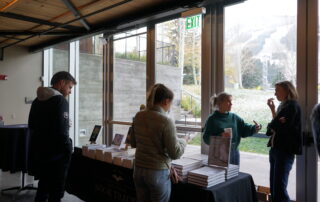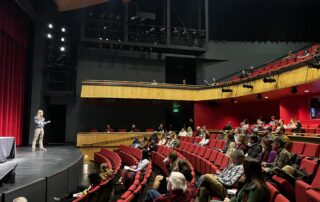
About the Event
This year’s symposium focused on living in coexistence with wildlife and each other while sustaining a healthy future for all in the Greater Yellowstone Ecosystem (GYE). The day-long event examined the broad issues, policies, and science of the GYE using Grand Strategy, a set of principles and behavior that advances shared interests.
Why do this? Few regions have the GYE’s diversity of landscapes and wildlife, while offering a high standard of living for people. Yet monumental changes are underway, and an environmentally sound future is at stake. An abundance of citizens, agencies, and NGOs are striving to meet emergent challenges. But well-intentioned, competing interests and overlapping jurisdictions have created a shortfall of individual efforts that are inadequate to address the large task ahead. We need nothing less than a Grand Strategy that melds goals, values, and action.
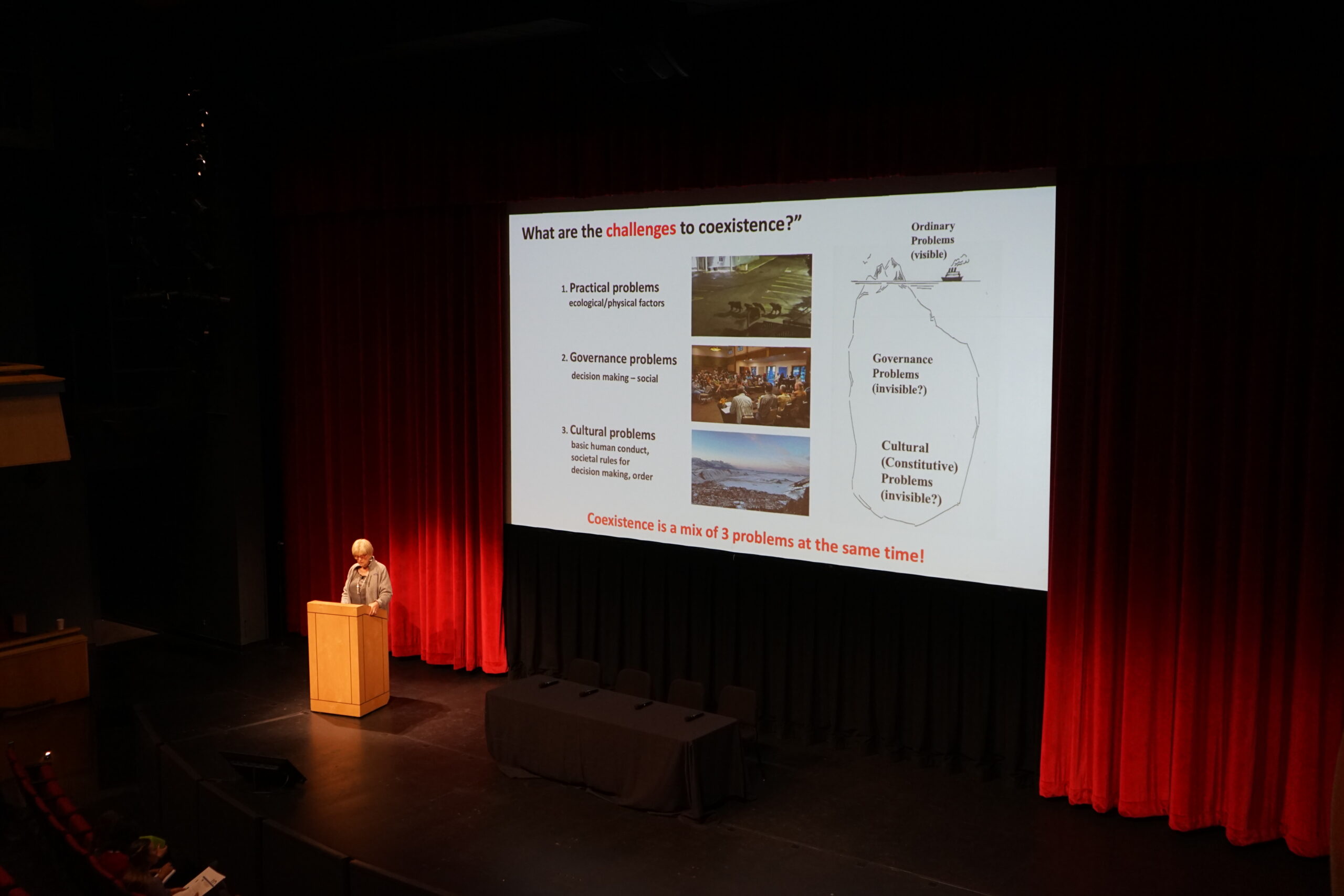
- A plenary presentation introducing key, actionable concepts about Grand Strategy.
- Panels with specialists from divergent but interrelated disciplines.
- Quick talks summarizing research, projects, and their significance to coexistence.
- Professional and social networking opportunities to advance successful strategies.
- A free evening keynote on successful programs elsewhere relative to the GYE.
For the past 35 years, NRCC has focused resources, expertise, and attention on wildlife and conservation. Please join us at next year’s symposium.
A Quick Summary
Speakers and panelists: We organized two keynote addresses for our event. The morning session featured Robert Keiter presenting on “Preserving Nature in Greater Yellowstone: The Enduring Quest to Conserve an Iconic Landscape.” In the evening, Ignacio Jiménez delivered a talk titled “Effective Conservation in Times of Crisis: Lessons from Several Continents.” Additionally, we hosted three panels addressing crucial topics. The first panel, “Overcoming Boundaries in the Greater Yellowstone Ecosystem,” was led by Doug Smith and Michael Whitfield. The second panel, led by Aaron Bott and Matt Barnes, explored “Coexistence with Large Carnivores.” The third panel, facilitated by Katie Shepherd Christiansen and Todd Wilkinson, delved into “Living Responsibly in a Landscape like the GYE.” To support our speakers, NRCC covered travel and lodging expenses, and provided a small honorarium for the keynote presenters.
Professional networking breakfast, coffee break, lunch, and evening reception: We organized four dedicated networking sessions—a breakfast, a coffee break, a communal lunch, and an engaging evening reception—offering valuable networking opportunities for local and regional wildlife, conservation, and environmental professionals, and community members. NRCC provided the complimentary food and beverages.
Evening art exhibit: During our evening reception, we showcased two new art exhibits. Katie Shepherd Christiansen presented her upcoming installation, “One Nature,” while Charles Peterson offered a sneak peek of his forthcoming photography exhibit, “Amphibians of the Yellowstone and Grand Teton National Parks.” NRCC contributed to covering the expenses for installing and displaying the artwork.
The Craighead Conservation Award and the Raynes Citizen Conservation Award: We honored two individuals with the Craighead Conservation Award and the Raynes Citizen Conservation Award. Jim Halfpenny, a renowned field biologist and educator, received the Craighead Award for his decades of informing and inspiring interest in wildlife. Mary Lohuis was given the Raynes Award for her unwavering dedication to the natural environment of the
Jackson Hole valley. Each recipient received a small monetary award and a printed plaque. Pre-symposium workshop: A professional development workshop on October 25th at the Teton County Library preceded the symposium. Over 50 local and regional leaders, officials, and citizens attended, engaging in discussions on more effective and strategic efforts for conservation and wildlife coexistence. Participants were provided with a comprehensive workbook containing articles and worksheets, along with refreshments during the afternoon session.
Human-wildlife photography contest: To promote regional perspectives on human-wildlife coexistence, we hosted the second Human-Wildlife Coexistence Photography Contest. With over 20 submissions, two judges selected finalists and a winner. The winning image became the cover photo for the Jackson Hole Wildlife Symposium poster.
Press Coverage
The 2023 JHWS also received widespread coverage by local media outlets, including the following:
Critical moment for coexistence in Jackson Hole (Buckrail, October 24, 2023)
Problems in conservation: ‘Looking at the trees and not seeing the forest’ (Buckrail, October 30, 2023)
Legal, institutional tensions infuse efforts for future coexistence (Buckrail, November 3, 2023)
Talking about carnivores means talking about culture, emotional symbolism (Buckrail, November 6, 2023)
Wildlife symposium aims to advance shared interests in the Greater Yellowstone Ecosystem (Wyoming Public Media, October 24, 2023)
Jackson Hole Wildlife symposium returns Thursday (Jackson Hole News & Guide, October 26, 2023)
Shared path: The winning photograph from the 2023 Human-Wildlife Coexistence Photography Contest captures the overlapping soles of a bear and a photographer (WyoFile, September 29, 2023)
Keynote Speakers
Ignacio Jiménez
Ignacio is a Spanish biologist with three decades of experience in conservation. He’s worked with manatees in Central America, golden-crowned sifakas in Madagascar, and protected areas in El Salvador, Brazil and Uruguay. Ignacio also carried out a national assessment of the Spanish experience in endangered species recovery. He designed and coordinated the largest reintroduction program in the Americas, with species as the giant anteater, pampas deer, tapir, peccary, green-winged macaw, and jaguar. He spent one year in South Africa in order to learn about how conservation organizations manage and integrate nature reserves, rewilding and ecotourism. He presently works with Frankfurt Zoological Society to promote, expand and improve protected areas in Spain. His most recent publications focus on how to improve conservation programs and organizations, as reflected in his recent book Effective Conservation: Parks, Rewilding and Local Development.
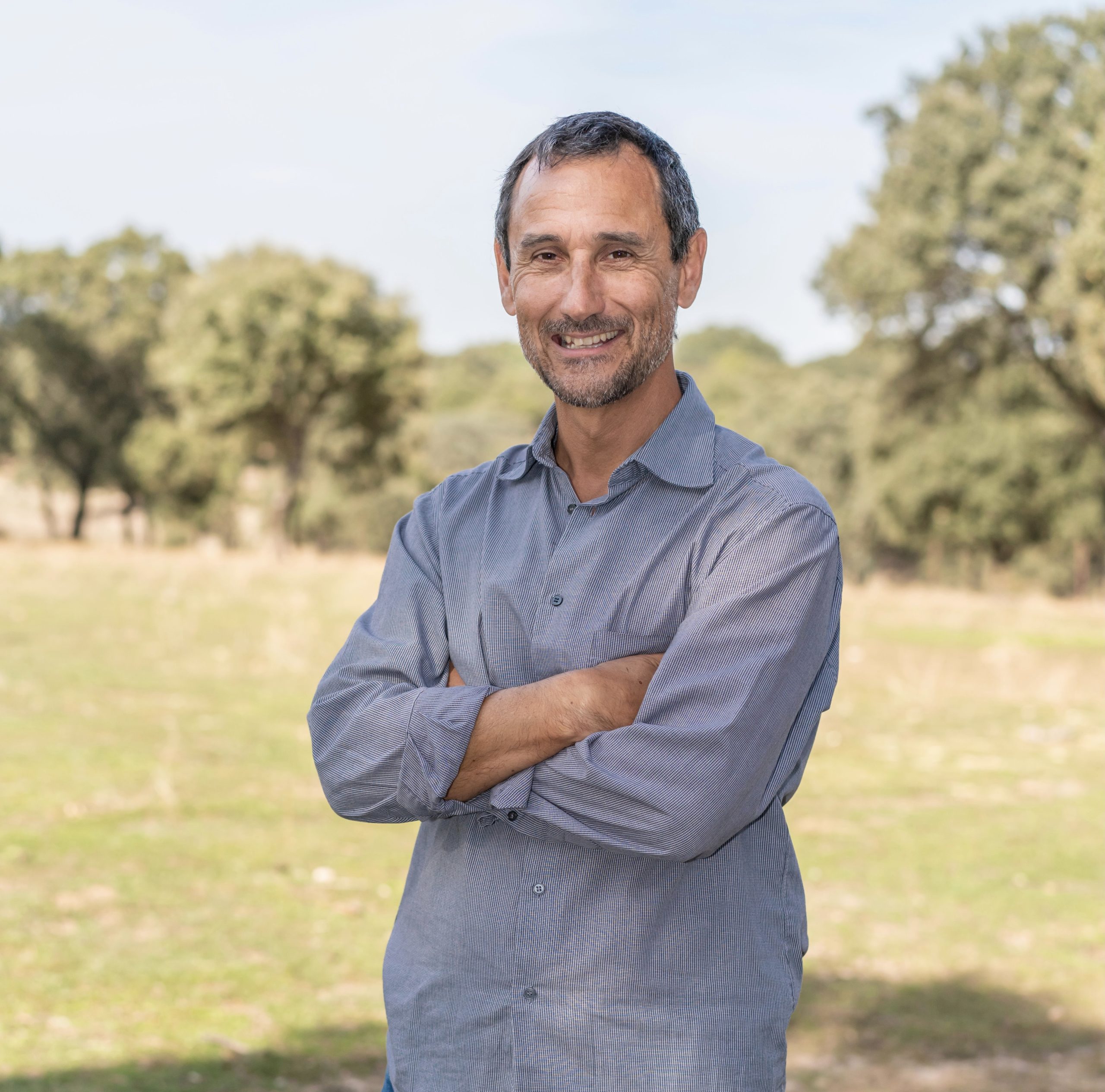
Bob Keiter
Bob is the Wallace Stegner Professor of Law, University Distinguished Professor, and founding Director of the Wallace Stegner Center for Land, Resources, and the Environment at the University of Utah S.J. Quinney College of Law. Bob’s research focuses on public lands, national parks, and wildlife law and policy. His books include To Conserve Unimpaired: The Evolution of the National Park Idea (2013); Keeping Faith with Nature: Ecosystems, Democracy, and America’s Public Lands (2003); and The Greater Yellowstone Ecosystem: Redefining America’s Wilderness Heritage (1991). His current book project on Conserving the Greater Yellowstone Ecosystem will be published by the University of Chicago Press next year. He serves on the National Park Service Advisory Board, and as trustee for the National Parks Conservation Association and the Foundation for Natural Resources and Energy Law.

Panelists
Michael Whitfield
Michael has conducted field research as a Conservation Biologist in the GYE for over 40 years. Early in his career he completed foundational research on the Teton Range Bighorn Sheep while a Forest Service biologist. His long-term monitoring of Bald Eagle populations has contributed significantly to a larger understanding of how at-risk populations recover. Mike led regional efforts to conserve community and landscape values as Director of the Teton Regional Land Trust for 18 years. He followed that work with 10 years as Director for the Heart of the Rockies Initiative, a U.S./Canadian land trust partnership focused on conservation at the large landscape scale. Mike is now serving his second term as an elected Teton County Commissioner in Teton Valley, ID.
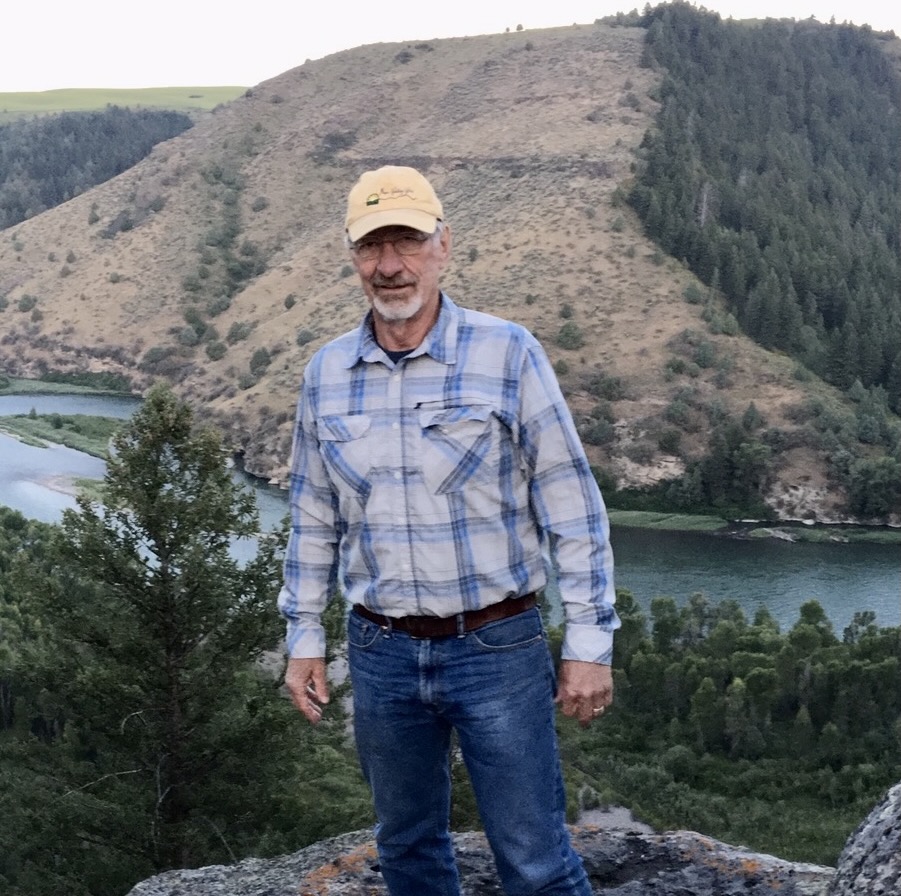
Douglas W. Smith
Douglas retired as Senior Wildlife Biologist in Yellowstone National Park in 2022 after 28 years of service to Yellowstone. He supervised the wolf, bird and elk programs – formerly three jobs combined into one under Doug’s supervision. His original job was the Project Leader for the Yellowstone Wolf Project which involved the reintroduction and restoration of wolves to Yellowstone National Park. Doug is interviewed widely and speaks often about wolves and birds to audiences all over the world, including a recent TEDx talk on wolves. He is a member of the Mexican Wolf Recovery Team, the Re-Introduction Specialist Group, and Canid Specialist Group for the IUCN. Doug has studied wolves for 44 years and birds for 14.
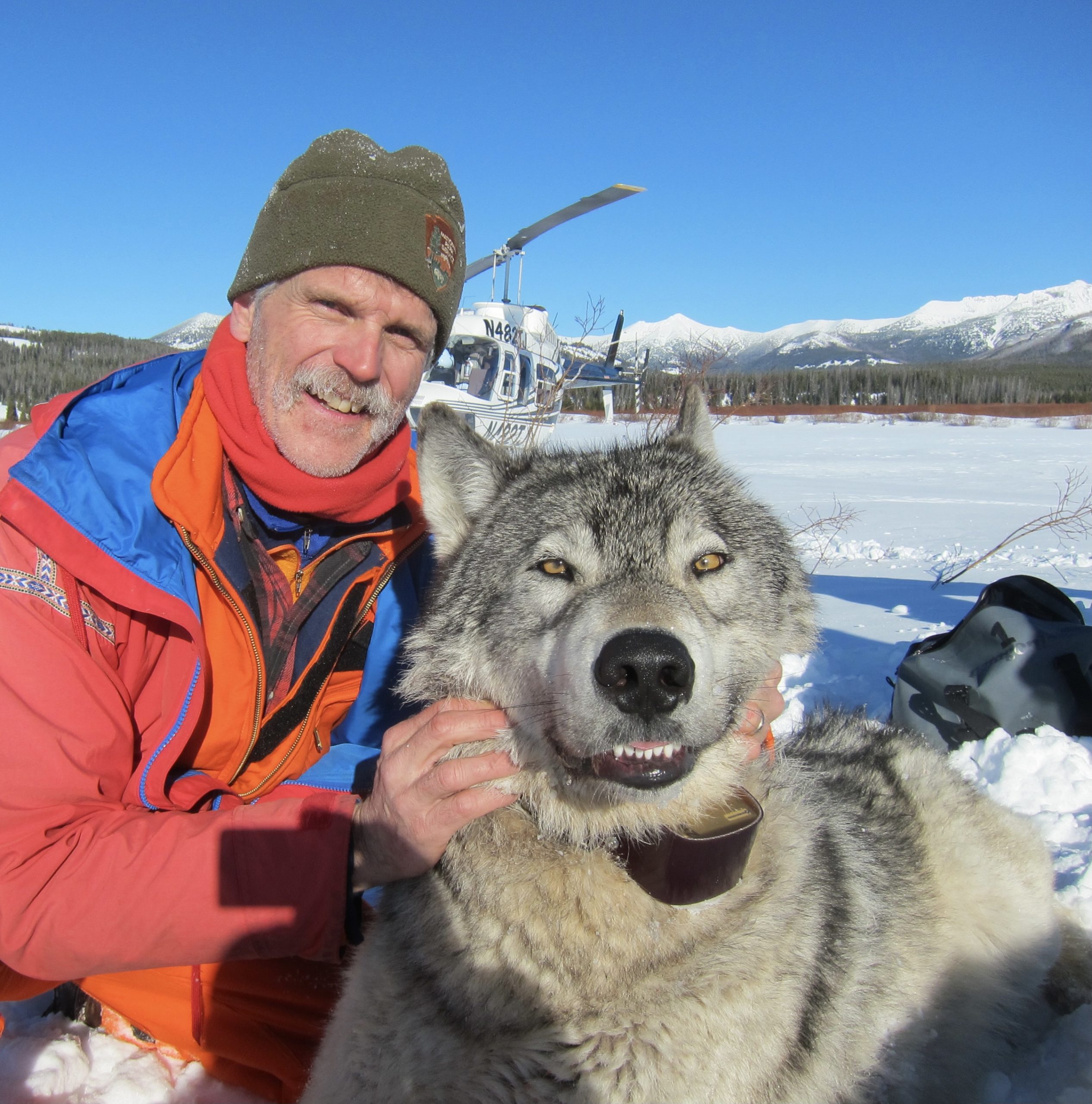
Aaron Bott
Aaron Bott is a biologist and a doctoral student at Utah State University studying wolves across the American West — predicting spatial and behavioral patterns on an anthropocentric landscape to promote human-carnivore coexistence. Additionally, Aaron works with the Yellowstone Wolf Project, monitoring wolves’ spatial persistence and reproduction in the southwest interior of Yellowstone National Park. Under NPS supervision, he is the project lead of this multi-year field study. Deeply connected to the Mountain American West — where his Mormon pioneer family settled in the mid-1800s — Aaron’s heritage and conservation experience allow him to move fluidly and genuinely between different cultural values to find common ground. Aaron is employed as a wildlife biologist for the Oregon Department of Fish and Wildlife.
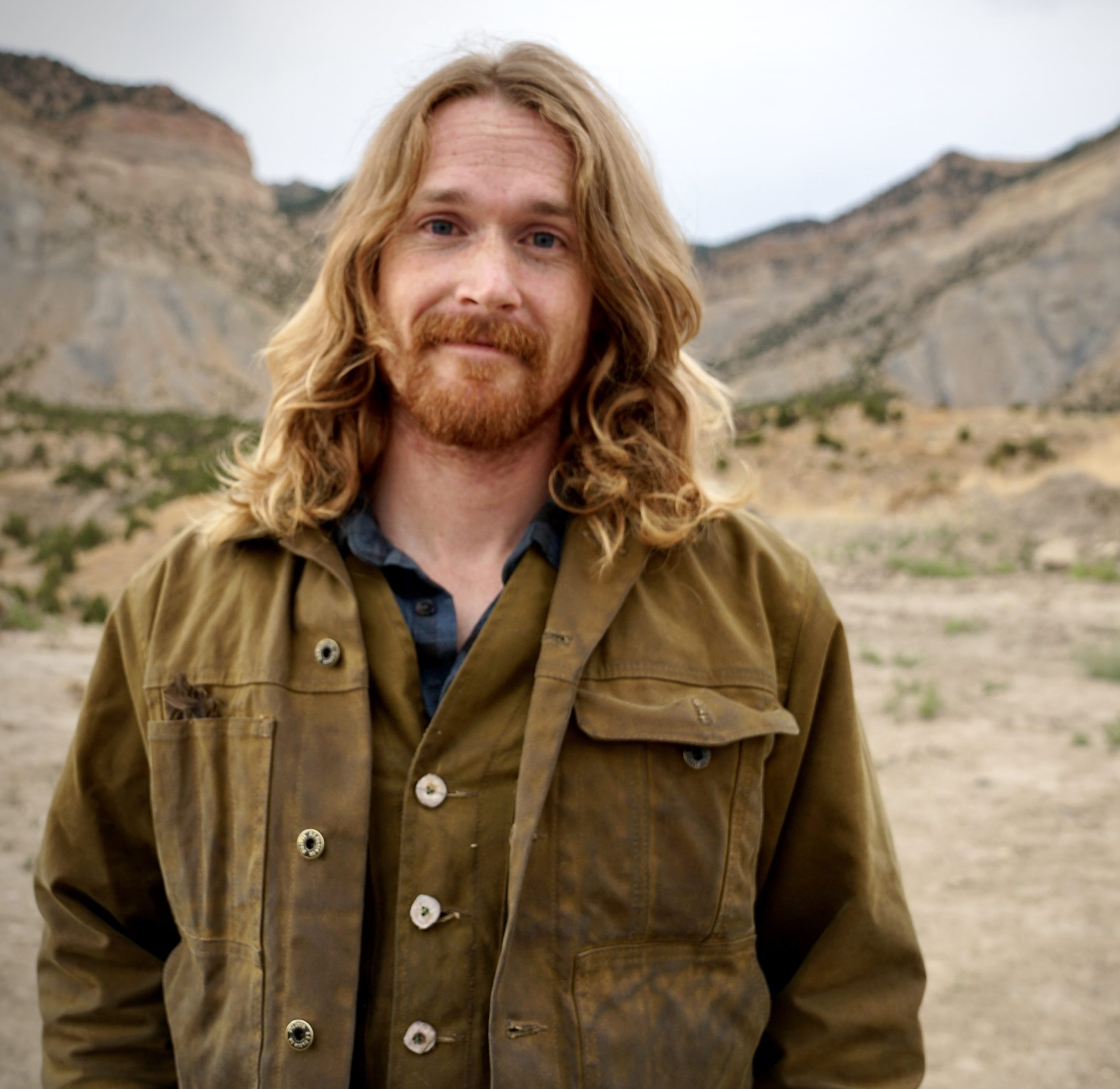
Matt Barnes
Matt is a Research Associate, a range scientist and a wildlife conservationist. He works with land managers to improve rangeland stewardship, and to prevent conflicts with large carnivores such as grizzly bears and wolves in the Rocky Mountains. He explored corridors from the Northern to the Southern Rockies, where he is now a member of Colorado’s wolf restoration Stakeholder Advisory Group, and on the advisory board of the Rocky Mountain Wolf Project. As owner of Shining Horizons Land Management and a former ranch manager, Matt works with ranchers and agencies on strategic grazing management and rangeland health.
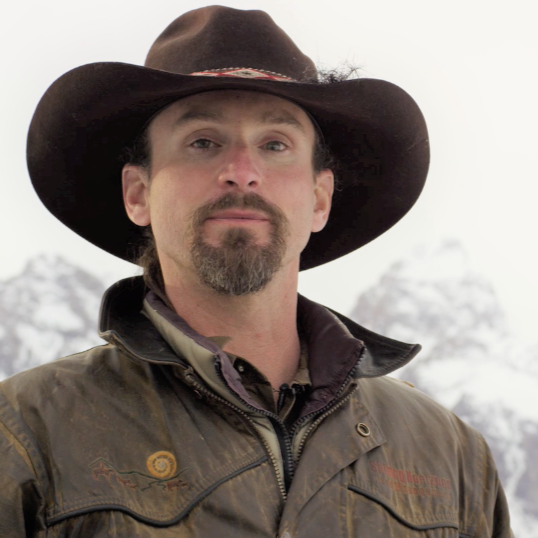
Christopher Servheen
Christopher retired from the US Fish and Wildlife Service in 2016 after 35 years as the Grizzly Bear Recovery Coordinator. Servheen was an Adjunct Research Associate Professor in the College of Forestry and Conservation at the University of Montana from 1992 to 2018. As the Grizzly Bear Recovery Coordinator, he was responsible for coordinating all the research and management on grizzly bears in the lower 48 states and working closely with grizzly biologists in Alberta and British Columbia. He wrote the Grizzly Bear Recovery Plan and was the EIS Team Leader for the Bitterroot Grizzly Bear Reintroduction EIS and was responsible for the delisting rule for the Yellowstone grizzly population in 2007, and he drafted the delisting rule in 2016 prior to his retirement. He is currently the President and Board Chair of the Montana Wildlife Federation, and Co-chair of the North American Bears Expert Team for the International Union for the Conservation of Nature (IUCN).
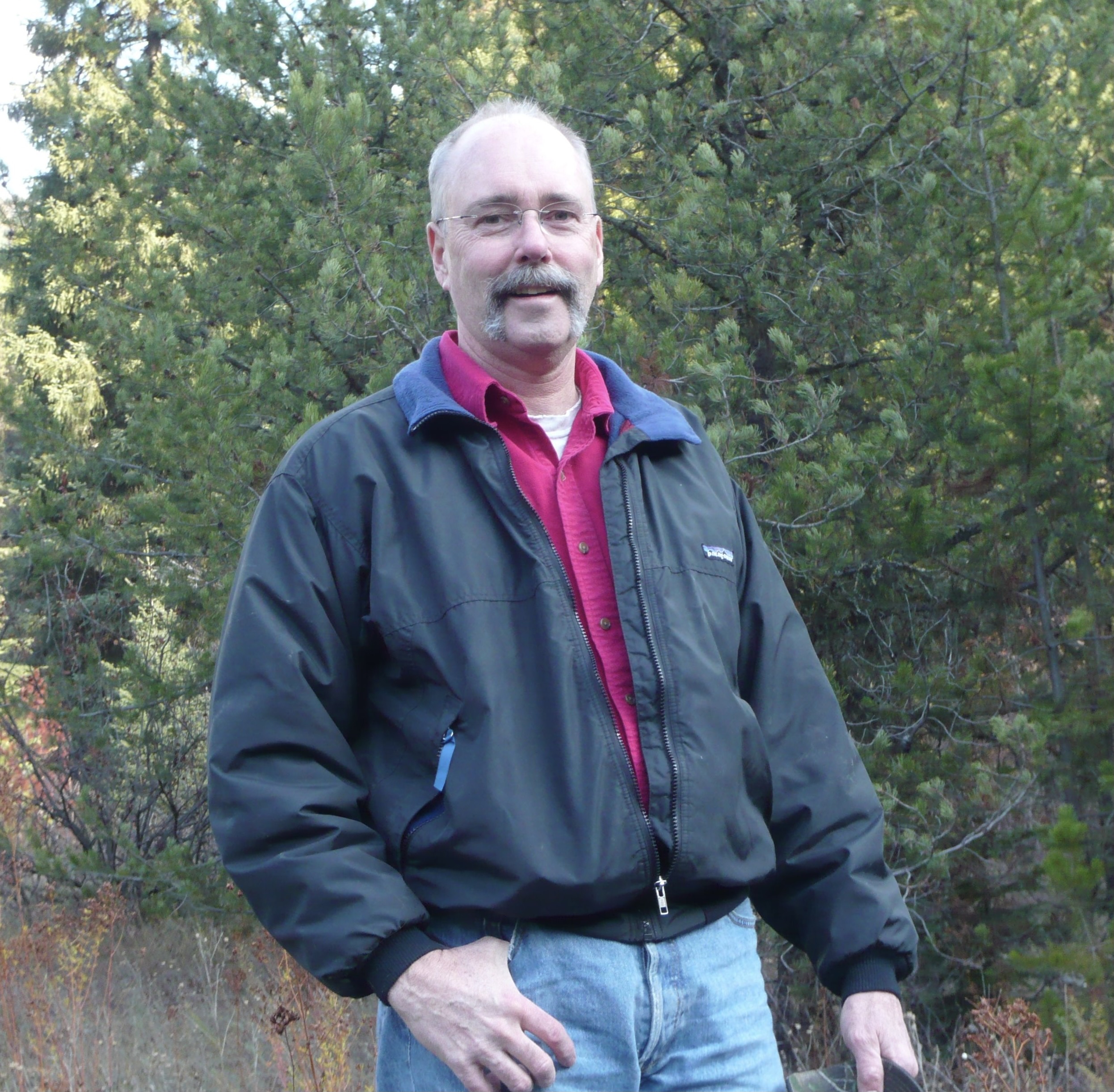
Katie Shepherd Christiansen
Katie is an artist, writer, naturalist, and mother. She is Artist-in-Residence at the Northern Rockies Conservation Cooperative and editor and illustrator of the book The Artist’s Field Guide to Yellowstone. Katie’s intricate wildlife portraits, nature writing, and hand-painted maps appear in books, galleries, and on natural area interpretive resources across the Greater Yellowstone. Her partners have included the National Endowment for the Arts (two-time grant recipient), Jackson Hole Public Art, Astoria Park Conservancy, and National Geographic. She holds a master’s degree from Yale’s School of the Environment, where she studied as a Wyss Conservation Scholar for the American West. Katie’s newest project is an illustrated Seasonal Almanac to the Greater Yellowstone.
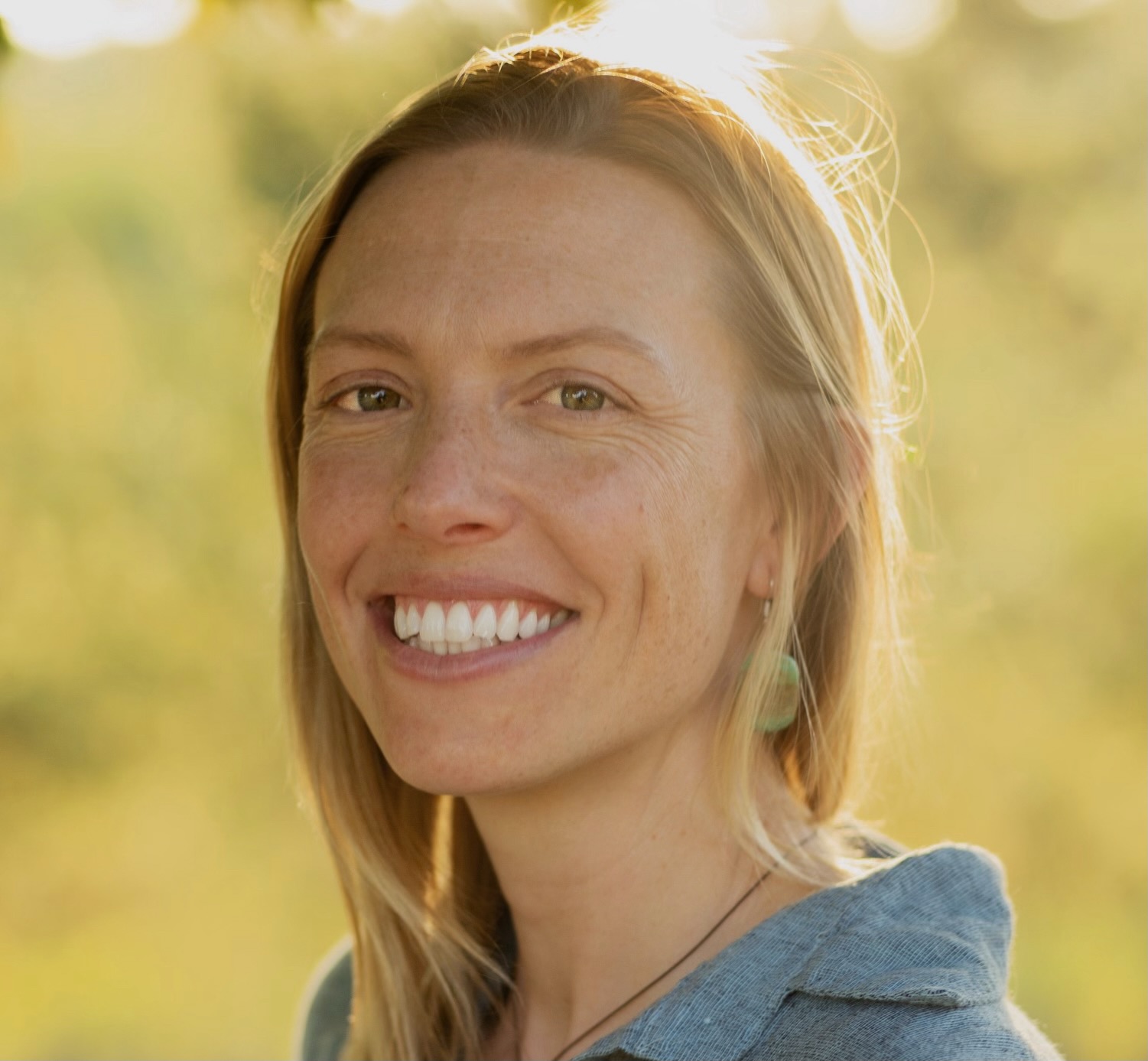
Todd Wilkinson
Todd is a journalist and author proudly trained in the old-school tradition of asking tough questions and pressing for honest answers. He is the founder of Mountain Journal. His stories have appeared in National Geographic, The Christian Science Monitor, High Country News, the Utne Reader, Orion, among many others (on topics of environment, art, culture and business). He is author of several books, including the critically acclaimed Science Under Siege: The Politicians’ War on Nature and Truth and more recently, Last Stand: Ted Turner’s Quest to Save a Troubled Planet and Grizzlies of Pilgrim Creek: An Intimate Portrait of 399, the Most Famous Bear of Greater Yellowstone. Todd lives in Bozeman, Montana and has had assignments taking him around the world, but foremost he loves writing about, and exploring, the vast Greater Yellowstone Ecosystem that begins just outside of town.
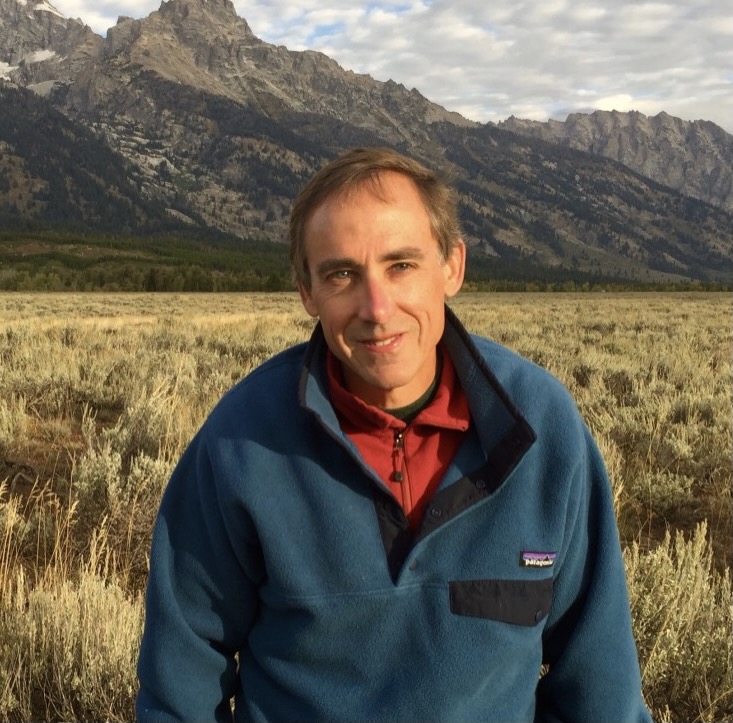
2023 Jackson Hole Wildlife Symposium Sponsors and Partners
Thank you to the following organizations and businesses for contributing to the symposium through donations and in-kind efforts:

Follow NRCC on social media for updates:
